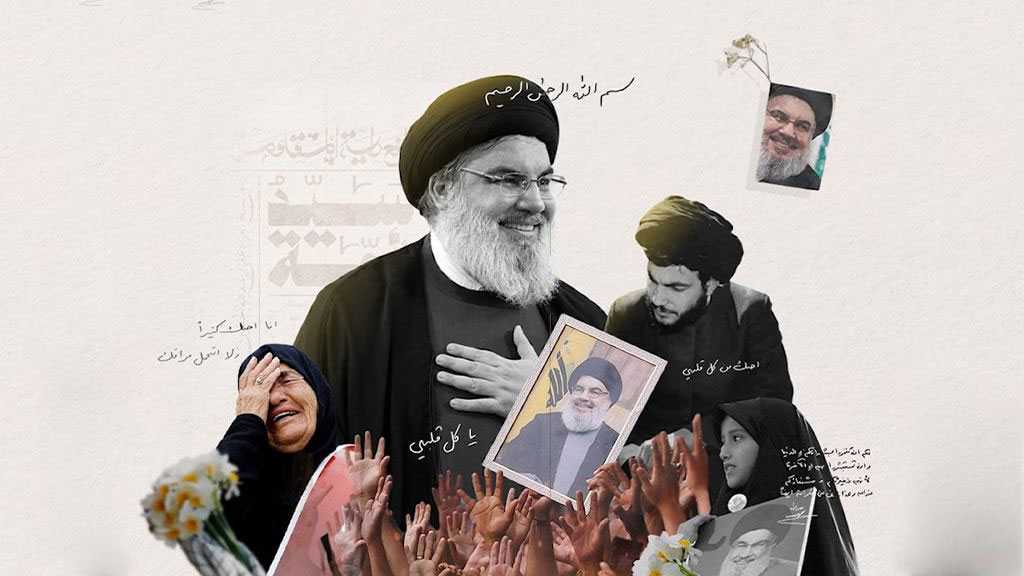Pushing Palestinians to the edge: "People either commit suicide or become `suicide` bombers"
Source: Al-Ahram Weekly, 20 to 26-4-2006
By Khaled Amayreh
The prophecy recently foretold by Palestinian and some Arab leaders that starving the Palestinian people would boomerang was fulfilled sooner rather than later this week when a young and impoverished man from the northern West Bank blew himself up in the heart of Tel Aviv, killing and wounding scores of "Israelis".
Samir Samih Hammad, 21, apparently succeeded in eluding exceptionally tough "Israeli" measures and detonated a large explosive device he was carrying, killing himself and at least nine "Israelis" and wounding 40 others.
The sophomore college student, who came from a small village near Jenin called Burqa, said in a previously prepared videotaped message that his "martyrdom operation" was response to ""Israel`s" daily massacres" against the Palestinian people.
The reference to "massacres" was an obvious allusion to the killing by the "Israeli" army of as many as 22 Palestinians during the past two weeks, including three children and at least two teenagers.
The Palestinian Authority (PA) condemned -- as was expected -- the bombing as a (so-called) terrorist act harmful to Palestinian interests. Hamas called it "an act of self-defence".
The Palestinian government, dominated by Hamas, took an intermediate position; expressing sorrow "at the loss of innocent lives" while blaming continued "Israeli" killings and the maiming of Palestinian civilians for making the event inevitable. A government spokesman in Gaza told Al-Ahram Weekly that, "human beings have a limited ability to endure and withstand oppression. Ultimately, either people commit suicide or become suicide bombers."
There is no doubt that most ordinary Palestinians identify with the government`s stance, especially in light of unrelenting and unrestrained "Israeli" repression. One woman from the bomber`s village who is also one of his distant relatives told the Weekly that the "Israeli" army was pushing the Palestinians to the edge -- to a point where life itself becomes meaningless.
"They are killing our people on a daily basis, starving us in concert with the Americans and the Europeans, preventing us from accessing food and turning our daily life into an unbearable hell. So how are we supposed to behave under such circumstance? What are we supposed to do; kill ourselves? Well, if this is what the world wants, then we will do it, but in our own way."
Obviously, the bombing was bad news for the beleaguered Palestinian government, which is desperately trying to endear itself to the international community and mobilise financial aid to pay salaries for some 140,000 civil servants and public employees.
Following the bombing, several "Israeli" government officials warned that "Israel" might target (eg. assassinate) Hamas government officials as part of its "response" to the bombing.
"Israel" had hoped that the Palestinian government would collapse without any direct "Israeli" intervention, mainly through an internal Palestinian implosion resulting from social chaos caused by an economic meltdown induced by US and "Israeli" pressure. However, some "Israeli" writers and journalists have warned that destroying or even eroding "Hamas the government" wouldn`t mean destroy or even seriously weaken "Hamas the movement".
Similarly, some Fatah supporters, including the editor of one Palestinian daily newspaper, has warned Fatah against appearing as colluding with the United States and "Israel" for the purpose of overthrowing the current government.
While aware of its narrowing horizons and relentless American blackmail, including a US rebuke of the Qatari government for donating the sum of $50 million to prop up cash- strapped Palestinian coffers, the Hamas-led government is leaving nothing to chance. Earlier this week, Palestinian Prime Minister Ismail Haniyeh met the leaders of virtually all Palestinian political and resistance factions, telling them that Hamas was still amenable to the idea of forming a national unity government.
Fatah representatives didn`t attend the meeting, insisting in a seemingly blackmailing manner that any discussion of a national unity government would have to be conditional upon Hamas` acceptance of the PLO political programme.
Fatah`s rejectionist attitudes prompted Palestinian parliament speaker Aziz Duweik to accuse the Fatah leadership of "having been under American influence".
"We know very well that America thwarted the formation of a national unity government," Duweik said in a newspaper interview Tuesday.
Meanwhile, Hamas has achieved a modicum of success in procuring financial support from a number of Arab and Islamic states. The Iranian government this week pledged to pay a $100 million, a gesture received cordially by the beleaguered Palestinians. Some Palestinian officials privately noted that Iran, an Islamic but non-Arab country, showed a stronger commitment to the Palestinian cause than some brotherly Arab countries.
Qatar, Saudi Arabia, Algeria and Kuwait have collectively paid more than $130 million, enabling Palestinian Finance Minister Omar Abdul-Razzaq to announce the good news that March salaries would be paid within a week.
Despite temporary relief, Hamas realises well that it has to find a more or less permanent solution that would ensure the continued survivability of the government. To achieve this goal, Hamas is dispatching some of its leaders and representatives to several Arab and Islamic countries in a desperate effort to circumvent and hopefully foil the open economic and financial war waged by the US, "Israel" and the European Union.




